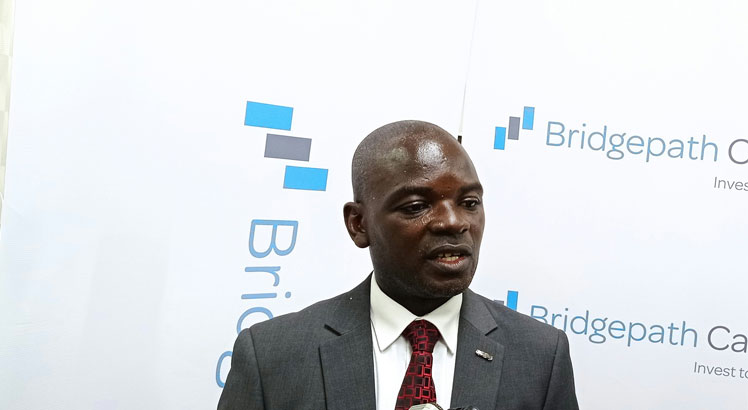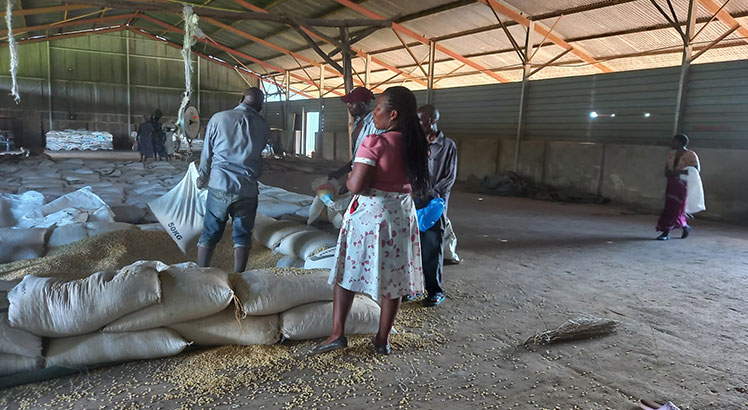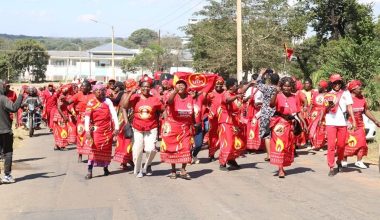Chakwera declares State of National Disaster
The death of two senior Cabinet ministers and a prominent chief due to Covid-19 stunned the nation on Tuesday as numbers of fatalities and the infected rise sharply.
Hours after Local Government Minister Lingson Belekanyama succumbed to Covid-19, Malawians got more shocking news following the death of Transport and Public Works Minister Mohamed Sidik Mia from the disease.
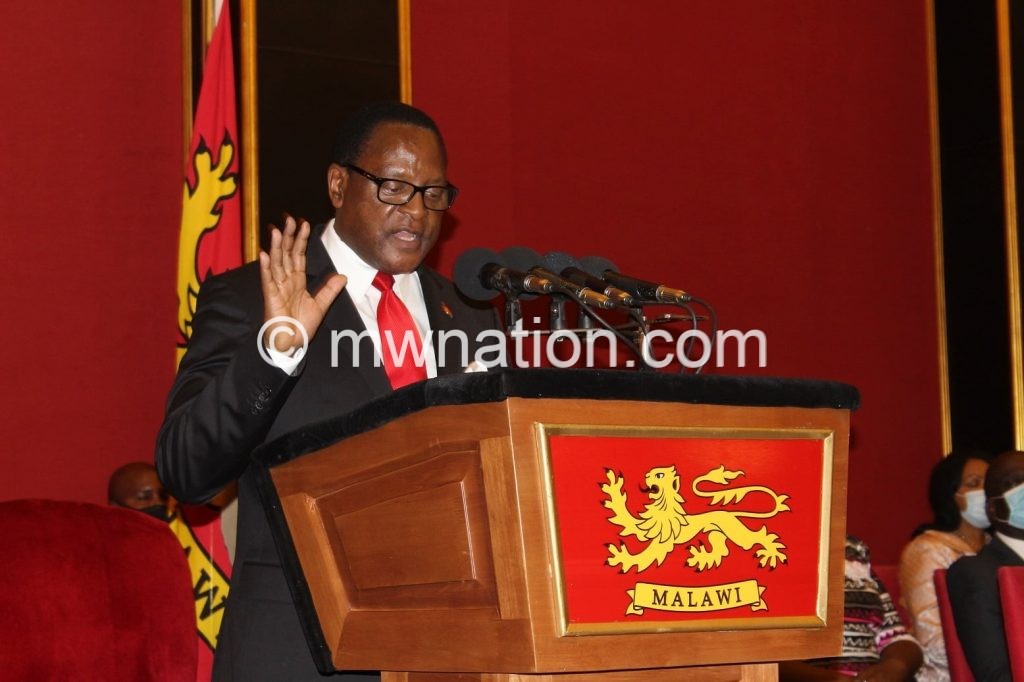
Long-time legislator Belekanyama, Malawi Congress Party vice-president Mia and Traditional Authority Njolomole of Ntcheu’s deaths follow those of other prominent personalities, including veteran broadcaster Maria Chidzanja Nkhoma, Principal Secretary in the Ministry of Information Ernest Kantchentche, university professors and other leaders over the past two weeks.
As of on Tuesday, Covid-19 had killed 254 people in the country, with 69 of the deaths or 27 percent occurring within 12 days since January 1 2020. Malawi, a country of 18 million people, had as of on Tuesday recorded 9 400 Covid-19 cases.

As the vortex of sickness and death hit the country, President Lazarus Chakwera on Tuesday declared three days of national mourning and proclaimed a state of national disaster to help trigger resource mobilisation and invoke emergency powers for a minister to implement emergency measures.
He also signaled that he was prepared to take the extraordinary step of declaring a State of Emergency subject to approval by the Defence and Security Committee of Parliament.
Chikosa Banda, Chancellor College Dean of Law, explained in an interview that a State of Disaster under Section 32 of the Disaster Preparedness and Relief Act may be declared where it appears to the President that a disaster is of such a nature and extent that extraordinary measures are required to assist and protect persons affected or likely to be affected by the disaster.
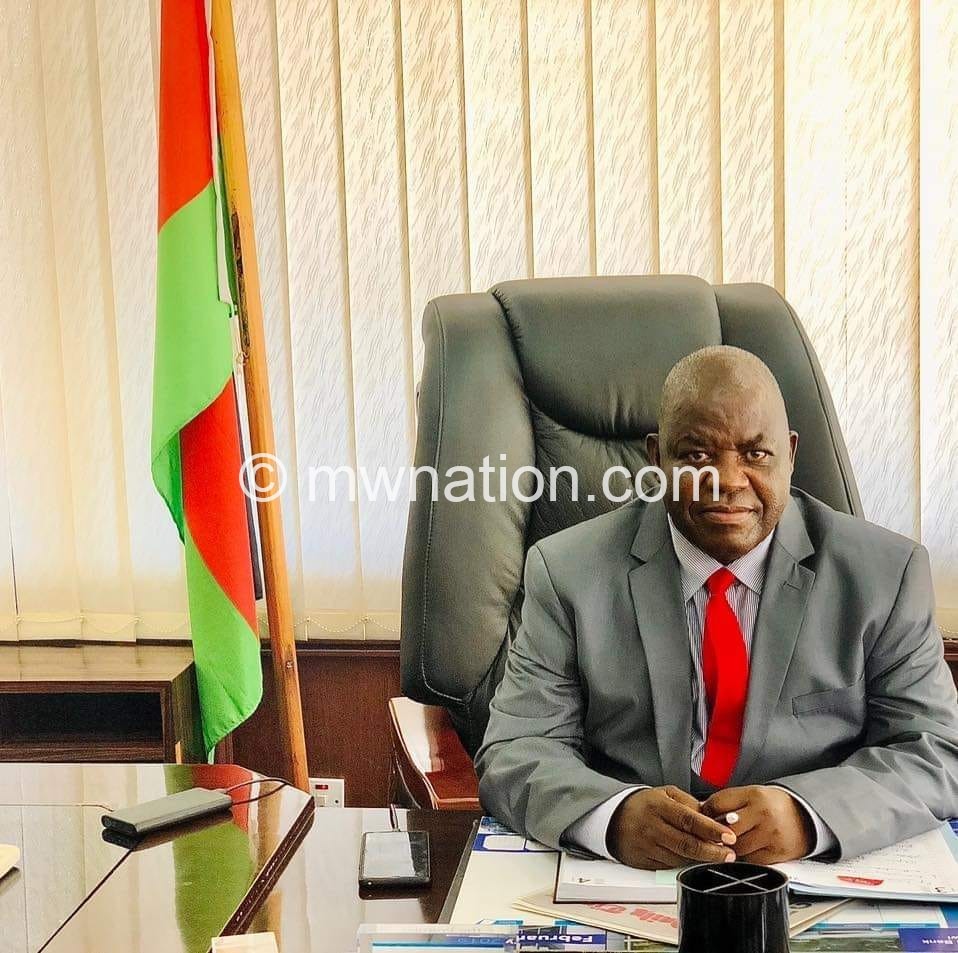
“Ideally, a State of Disaster is declared when a State or part of a State is failing to cope with a catastrophe using its own resources. A declaration of a State of Disaster triggers emergency powers of the minister, but under these powers the minister can only restrict or impose limitations on human rights. He cannot derogate from, or suspend the enjoyment of those rights,” he said.
But the academic said derogation or suspension of rights can only be permitted when a State of Emergency has been declared within the meaning of Section 45 of the Constitution and in limited circumstances, such as in the case of a widespread natural disaster.
But the said suspension of rights would be permissible only where it is strictly required for the protection and relief of affected population, he said.
“A State of Emergency is thus required where more serious measures would be needed to deal with a catastrophe than in a state of disaster. This is especially so where the suspension of the enjoyment of certain human rights would be required,” Banda said.
The sombre mood that pulsated through Kamuzu Palace on Tuesday as the President gave a televised address hours after the death of the two ministers was that of a nation realising, finally, that it was under siege from an invisible enemy.
Yet, the President fell short of outlining a coherent strategy for combating the virus at a time hospitals are swamped with patients, health workers are overworked and overwhelmed; medical equipment squeaks because of old age and overuse and the country is almost fully opened for normal business although a few restrictions are in place.
The President did, however, rise to the role of comforter-in-chief, gave Malawians hope that things will get better and tried to channel the resilience of a people to soldier on.
“I know that you feel dismayed by this evil. I know that together, we are a nation in mourning. I know that you are frightened. I know that you feel helpless and under siege. I know that this pandemic has touched all of you with levels of pain and anguish too deep to describe. But I want you to know that we, as a people, have what it takes to not just survive this, but to defeat it,” said Chakwera.
On his part, Vice-President Saulos Chilima bemoaned the death of his two Tonse Alliance Cabinet colleagues, saying “the country has lost great leaders”.
Chakwera’s predecessor, former president Peter Mutharika, also expressed sadness at the death of two Cabinet ministers and other Malawians to Covid-19, calling for a more aggressive approach to combating the virus.
Writing on his Facebook page Mutharika—who has curved out the role of a calm elder statesman, called for unity in the fight against Covid-19, saying despite the differences that exist, Malawians have to join hands and fight against Covid-19 which he described as a common enemy.


